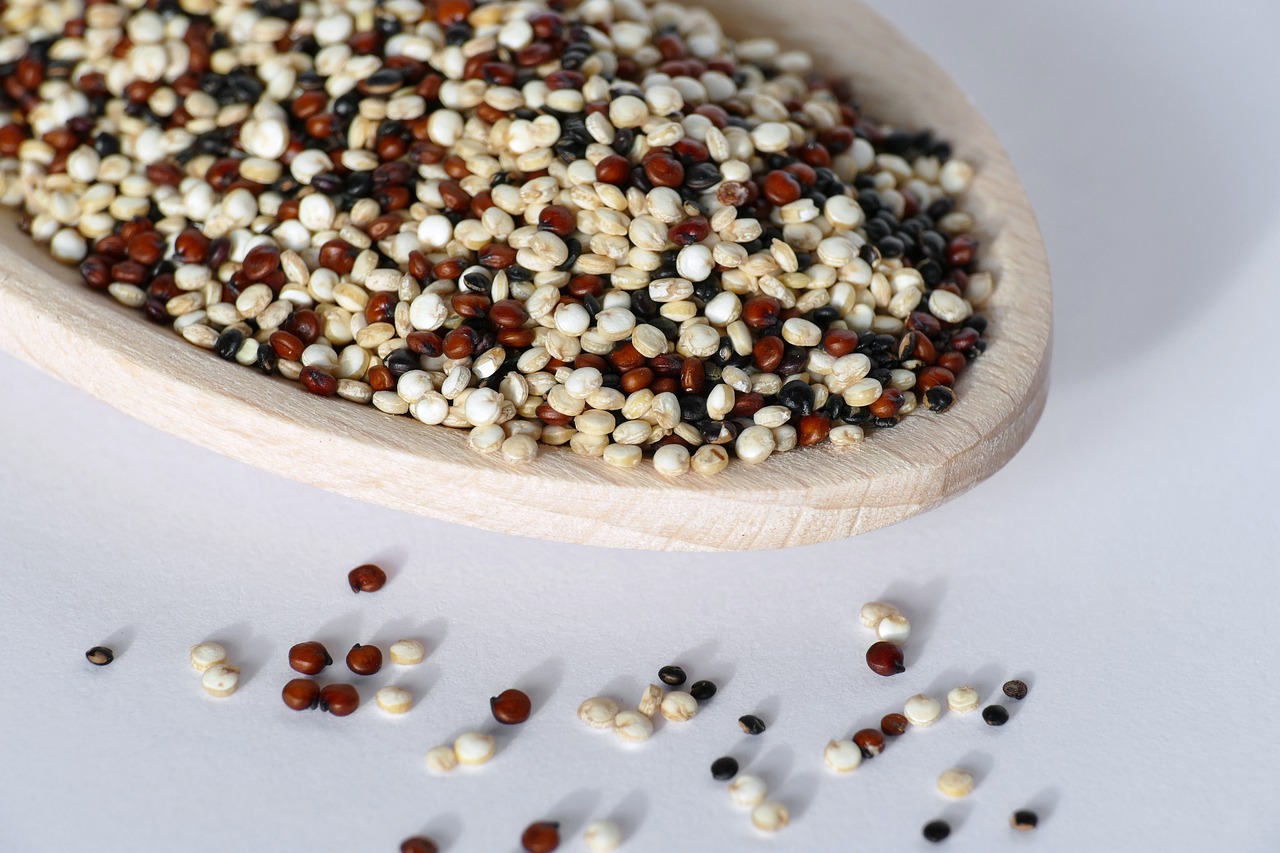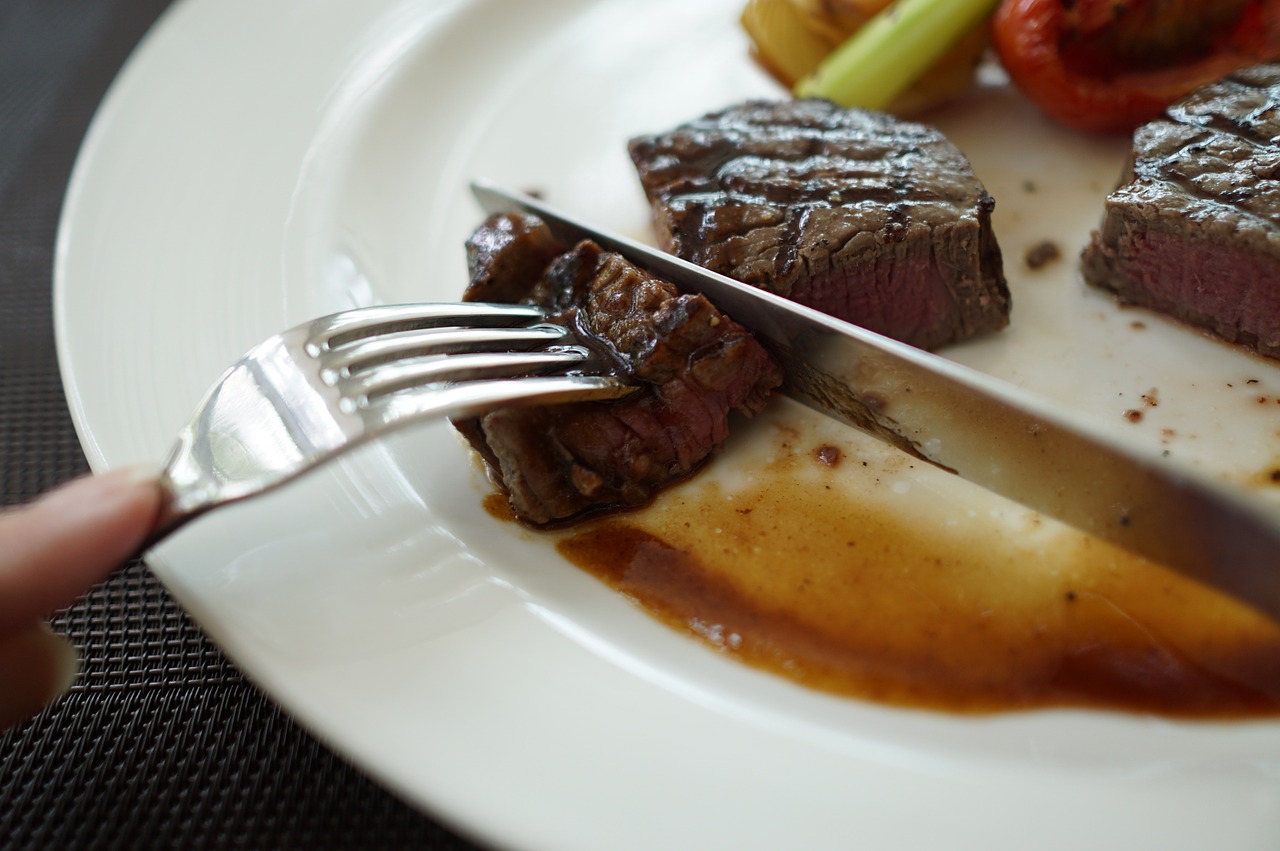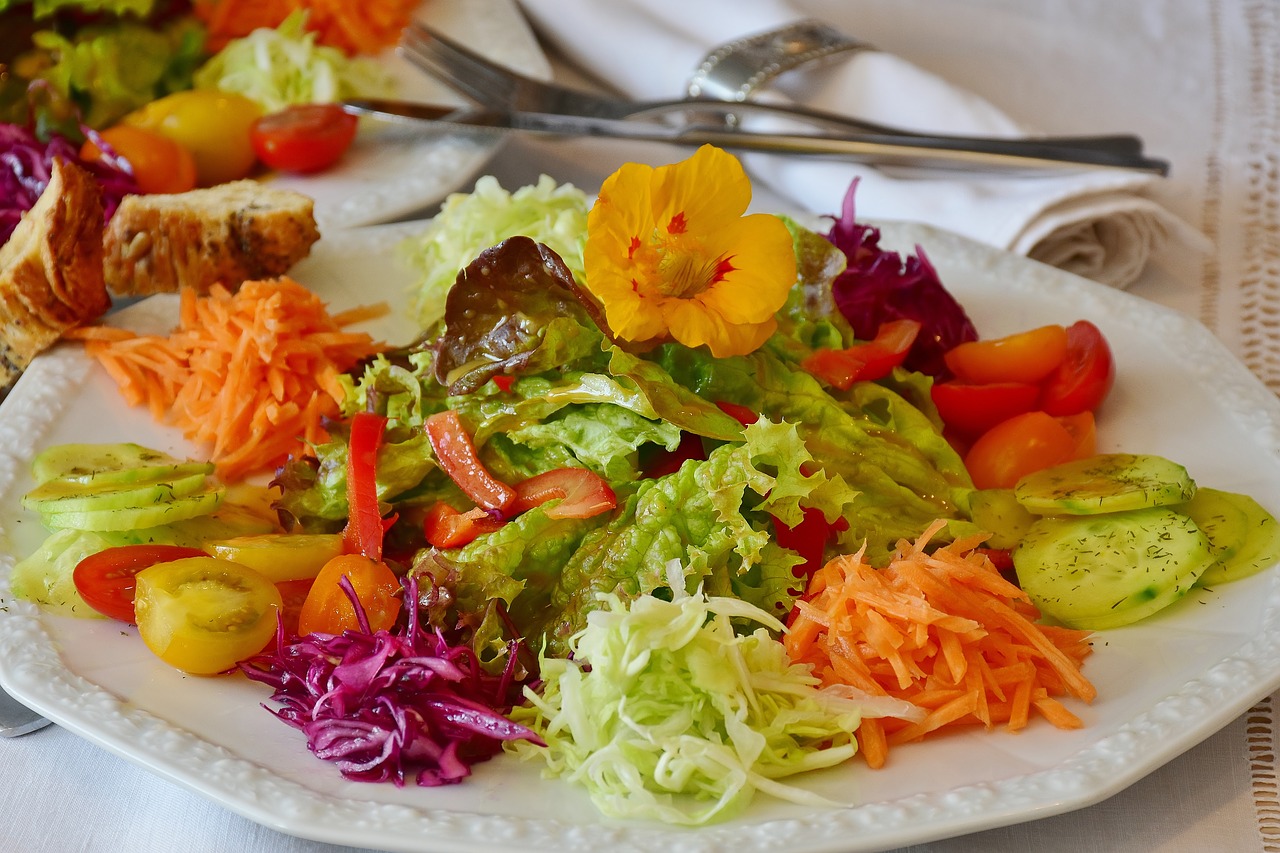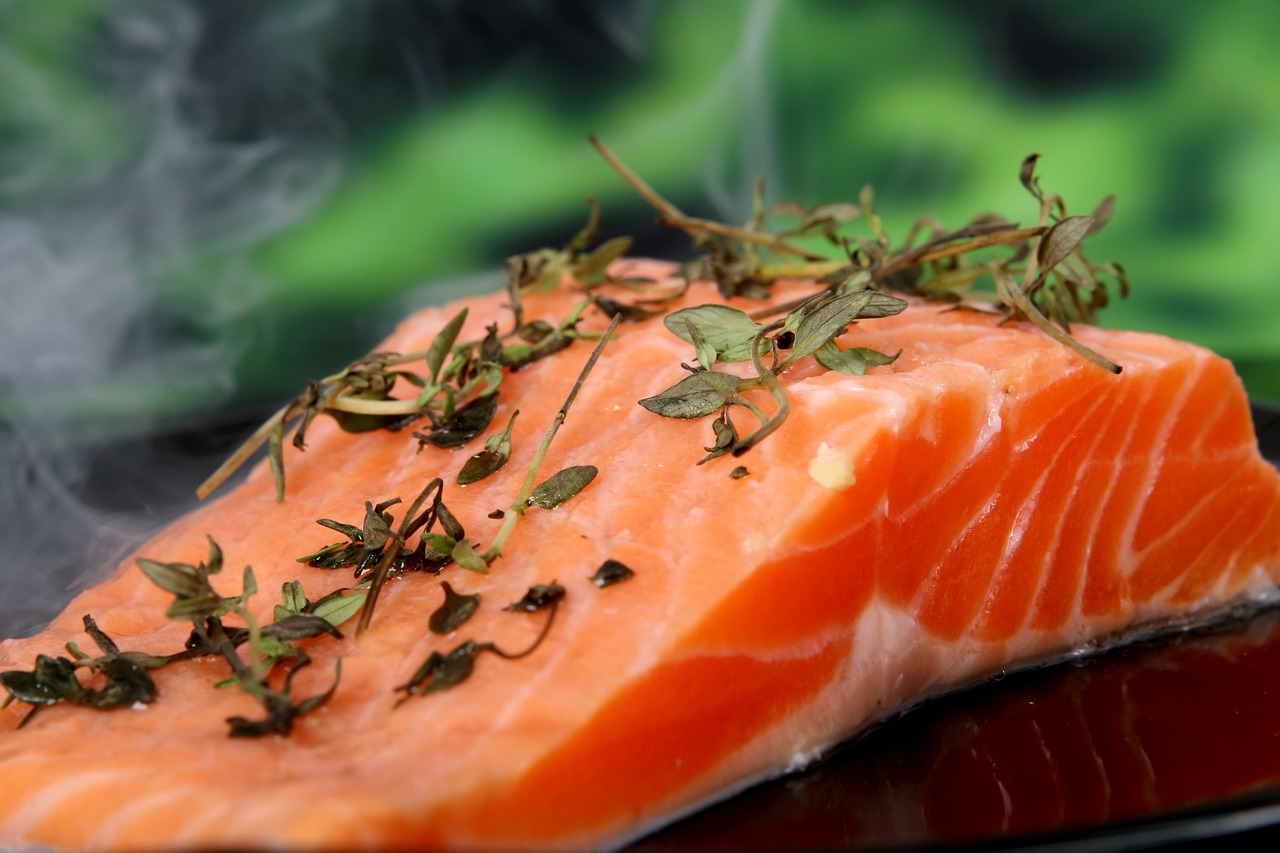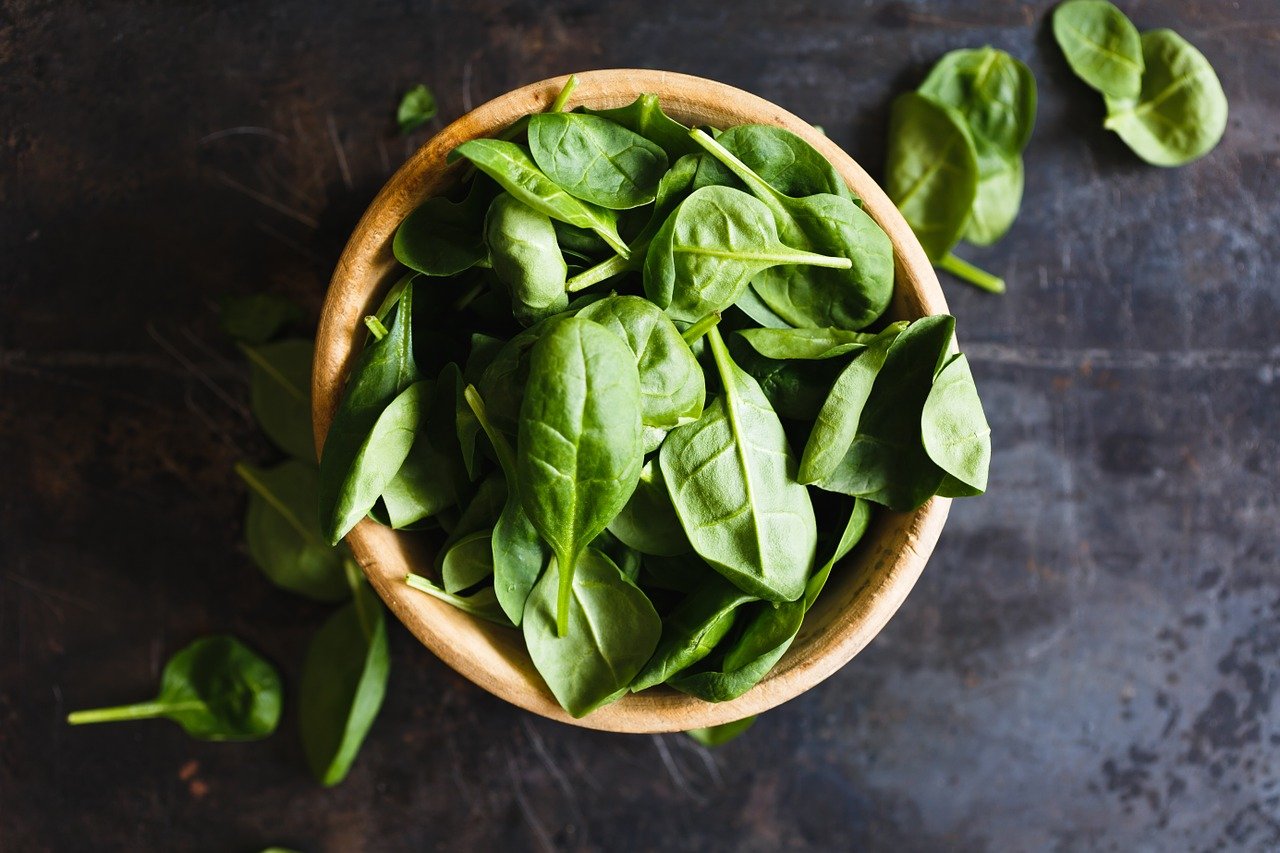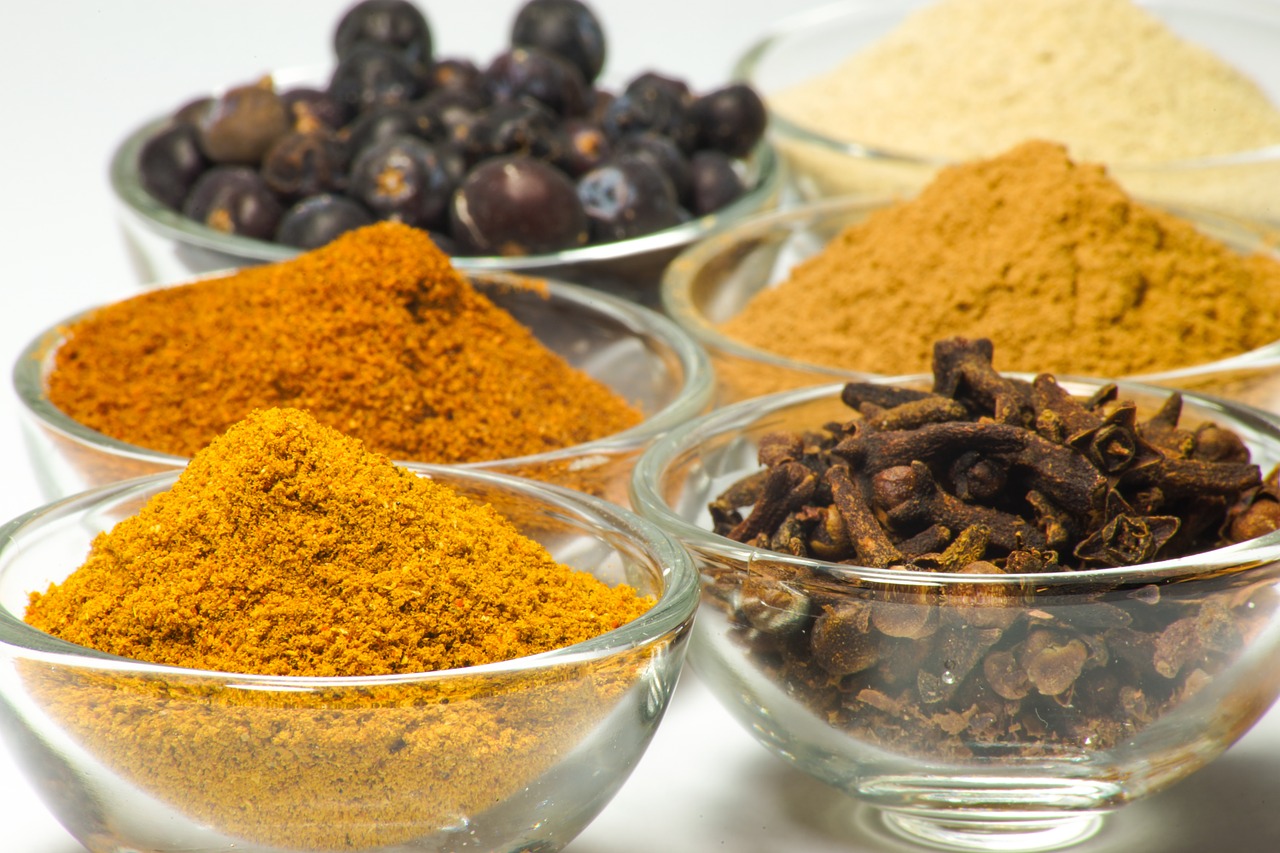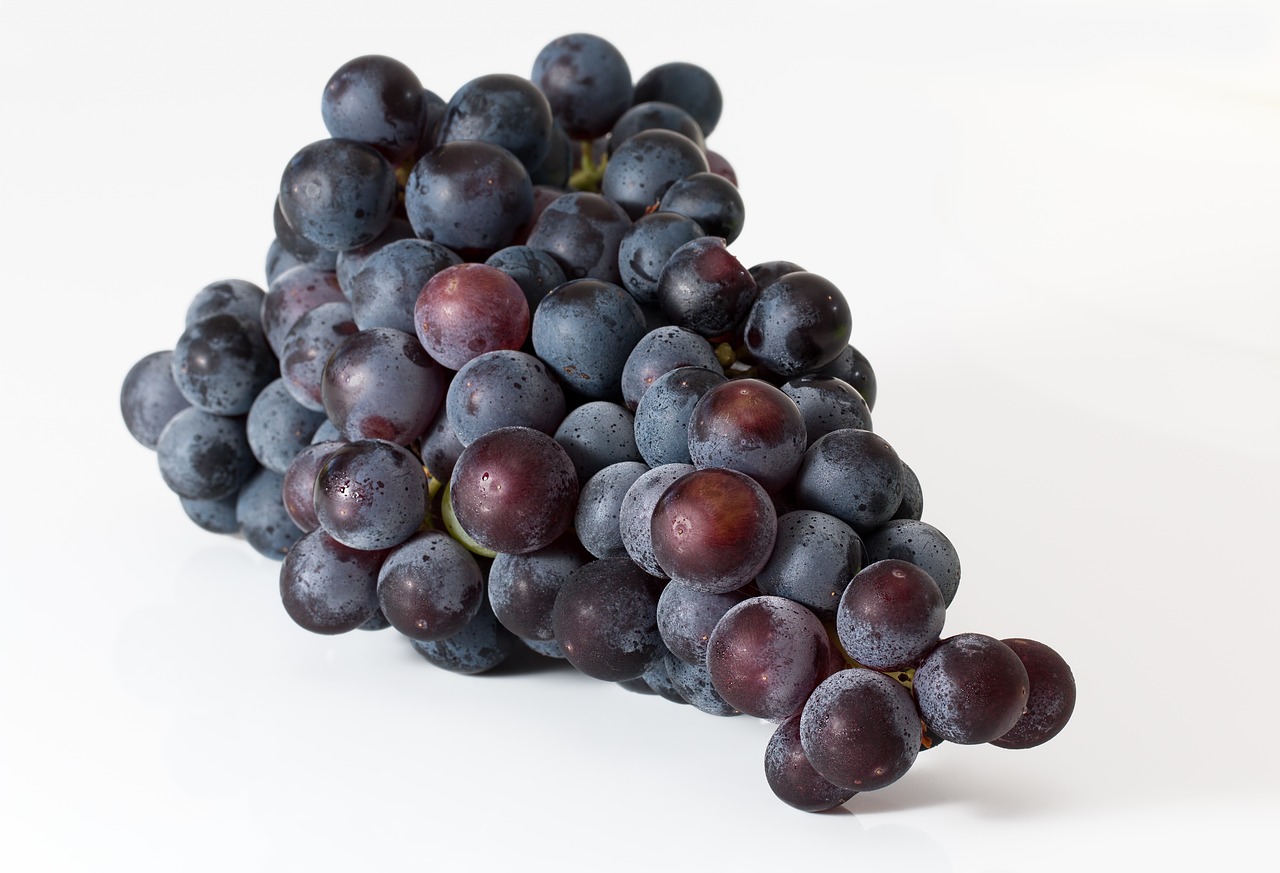Intermittent Fasting
Intermittent Fasting and Alzheimer's
Intermittent fasting has been recommended by Dr. Bredesen and others as a way to combat Alzheimer’s disease. In his book The End of Alzheimer’s, Dale Bredesen recommends a 12/3 ketoflex diet and the 12/3 refers to twelve hours of fasting between dinner and breakfast and three hours minimum between the end of dinner and bedtime. For Apoe4 carriers, Bredesen recommends 14 to 16 hours of fasting. Animal studies have shown that intermittent fasting reduces oxidative stress, promotes autophagy, reduces insulin resistance, increases the health of the gut microbiome, increases ketone bodies, reduces inflammation, improves cognition, and delays aging. But, let’s take a look at the human data to see if randomized clinical trials can back up the animal data on intermittent fasting.1,2,3
Intermittent Fasting and Alzheimer Studies
Intermittent fasting does a couple important things to help prevent Alzheimer’s. One way that intermittent fasting helps is by decreasing insulin resistance. A systematic review and meta-analysis conducted in 2019 using twelve different randomized trials showed that BMI decrease, fasting glucose levels decrease, insulin resistance decreased, and fat mass decreased. All of that add up to improved glycemic control and reduced insulin resistance.4
One small study of human subjects (asthma patients) showed a decrease in oxidative stress and inflammation after intermittent fasting. Another very small study of 11 human subjects found that the SIRT genes (responsible for longevity) were activated during intermittent fasting. SIRT activation promotes autophagy. We discussed SIRT genes and autophagy in the calorie restriction section, but to remind you autophagy is the term used to describe the degradation and recycling of cellular components within cells as well as removing protein aggregates like amyloid plaques. There is evidence suggesting that promoting autophagy could help prevent Alzheimer’s disease in the early stages of the disease, but may also expedite neuronal degeneration at later stages of the disease.3,5,6,7
Alzheimer's Diet and Nutrition Sections
Intermittent Fasting References on this Page:
- Stockman MC, Thomas D, Burke J, Apovian CM. Intermittent Fasting: Is the Wait Worth the Weight? Curr Obes Rep. 2018 Jun;7(2):172-185. doi: 10.1007/s13679-018-0308-9. PMID: 29700718; PMCID: PMC5959807.
- Bredesen, D. (2017) The End of Alzheimer’s: The First Program to Prevent and Reverse Cognitive Decline (1st ed.) Avery
- Stockman MC, Thomas D, Burke J, Apovian CM. Intermittent Fasting: Is the Wait Worth the Weight? Curr Obes Rep. 2018 Jun;7(2):172-185. doi: 10.1007/s13679-018-0308-9. PMID: 29700718; PMCID: PMC5959807.
- Cho Y, Hong N, Kim KW, Cho SJ, Lee M, Lee YH, Lee YH, Kang ES, Cha BS, Lee BW. The Effectiveness of Intermittent Fasting to Reduce Body Mass Index and Glucose Metabolism: A Systematic Review and Meta-Analysis. J Clin Med. 2019 Oct 9;8(10):1645. doi: 10.3390/jcm8101645. PMID: 31601019; PMCID: PMC6832593.
- Liu J, Li L. Targeting Autophagy for the Treatment of Alzheimer’s Disease: Challenges and Opportunities. Front Mol Neurosci. 2019 Aug 22;12:203. doi: 10.3389/fnmol.2019.00203. PMID: 31507373; PMCID: PMC6713911.
- Heilbronn LK, Civitarese AE, Bogacka I, Smith SR, Hulver M, Ravussin E. Glucose tolerance and skeletal muscle gene expression in response to alternate day fasting. Obes Res. 2005 Mar;13(3):574-81. doi: 10.1038/oby.2005.61. PMID: 15833943.
- Johnson JB, Summer W, Cutler RG, Martin B, Hyun DH, Dixit VD, Pearson M, Nassar M, Telljohann R, Maudsley S, Carlson O, John S, Laub DR, Mattson MP. Alternate day calorie restriction improves clinical findings and reduces markers of oxidative stress and inflammation in overweight adults with moderate asthma. Free Radic Biol Med. 2007 Mar 1;42(5):665-74. doi: 10.1016/j.freeradbiomed.2006.12.005. Epub 2006 Dec 14. Erratum in: Free Radic Biol Med. 2007 Nov 1;43(9):1348. Tellejohan, Richard [corrected to Telljohann, Richard]. PMID: 17291990; PMCID: PMC1859864.
Back to Diet and Alzheimer's:
Determine which diet and nutrition plan is best for you based on your Apoe status and subtype.

